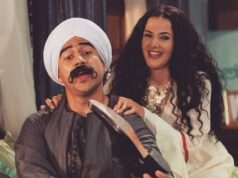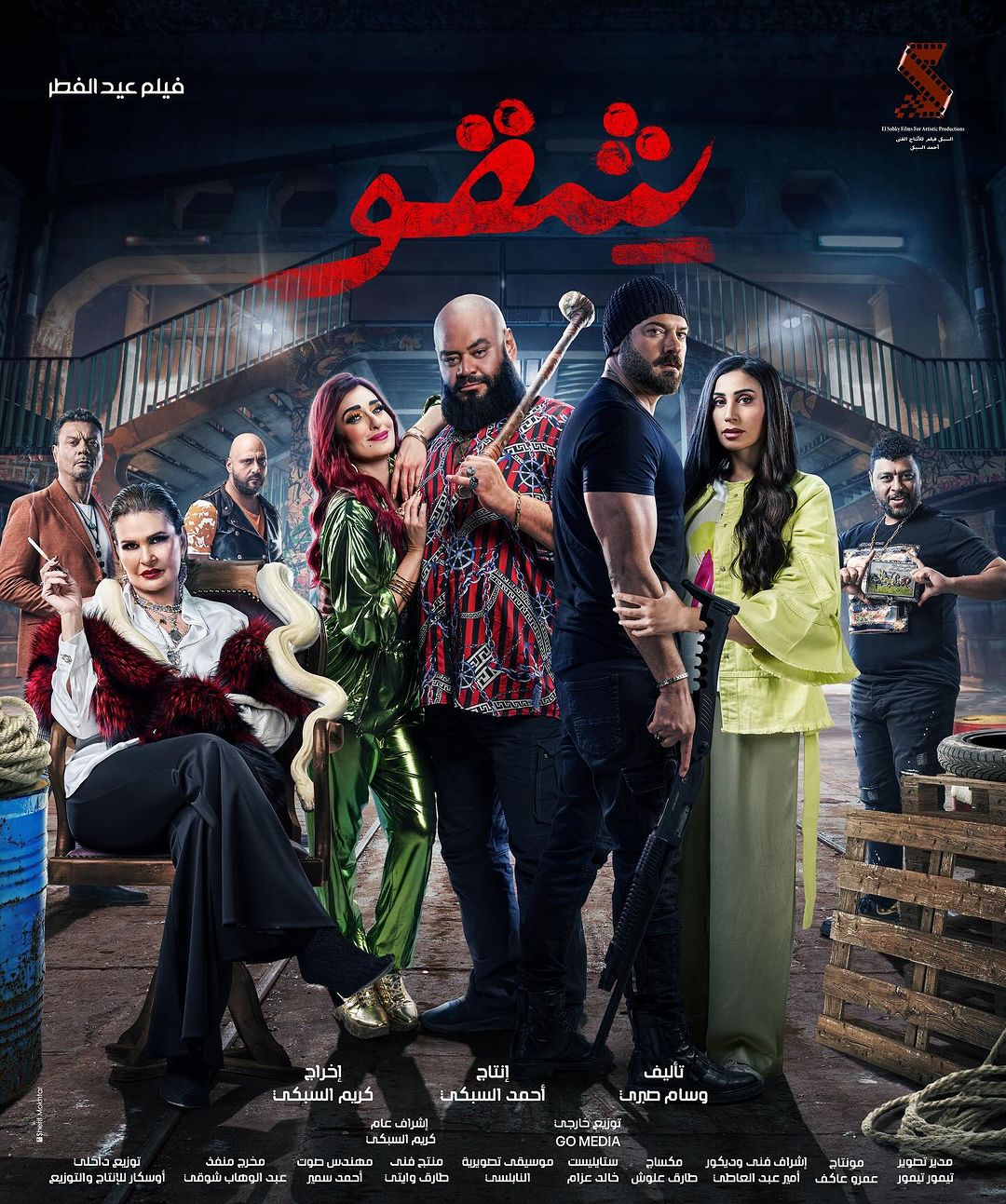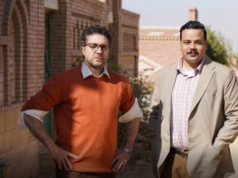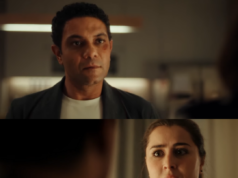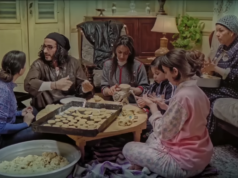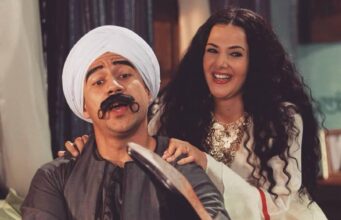By Mariam El Mohandes
Adaptations are very common in cinemas all around the world. Whether copying the exact same material from the original movie or changing certain events, it’s a commonly used technique by directors. David Fincher’s “The Girl With Dragon Tattoo”, for example, is based on a Swedish novel which later turned into a Swedish movie trilogy, so is Martin Scorsese’s “The Departed” which is based on the hit Chinese film “Infernal Affairs”.
Both of Fincher’s & Scorsese’s movies were critically and commercially successful despite being adapted, or in other words, “copied”. So Why do Egyptian cinemas fail when it comes to adapting and why are they accused of plagiarism?
Take notes filmmakers!
1. Lack of Depth/Humor
Drama relies on complex storylines and events that surround the characters and affect them deeply or emotionally. Dramas usually focus on dark and tabooed subjects. The plot starts simple, before it begins to become intense as the film progresses.
While a comedy’s storyline is simple and involves less complicated characters, the story focuses on the characters’ reaction towards the random events that take place. The characters are funny and care free.
Here is what goes wrong with the Egyptian cinema and its adaptation of the comedy genre: they just don’t care about the movie. They copy the exact script from the original movie and add
nothing to the table. Even the original movies are horrible and have no sense of humor or any dramatic turn of events.
The Egyptian cinema’s technique of adapting movies from the comedy genre involves adding sexual humor, vulgar language or silly dried up jokes that are inappropriate for the target audience.
2. Cold Performances
Filmmakers and scriptwriters don’t bring anything new to the table. No complex characters, dark storylines or good sense of humor, naturally, the result turns out to be cold performances by the actors.
The actors just read the script and follow the directions without any additional take on the character; they’re almost like robots (no offense Wall-E!).
To be fair, some actors try to think out of the box and attempt something new, but due to the apathy of filmmakers, they get stuck in a lame, lifeless motion picture .
3. Unrelated/ Unrealisitic to Society
The term “Tamseer” or “Egyptian-izing” is frequently used by directors. It means taking the story from the movie and changing certain events and characters to suit the Egyptian culture, but they never actually apply the term on their movies .
Movies are reflections of the society. When the movie makers don’t change the events or make it (masreya), society dislikes the film as a result, calling it unrealistic and unrelatable. Some movies like “7arb el 3almya el Talata”, “Captain Masr” and “1000 Mabrok” were well adapted and are considered better than the original movie because they correctly applied the term “tamseer”.
4. The non-existence of character development
Like I mentioned earlier, the drama genre must have complex storylines and characters. The characters must grow and develop around the movie’s turn of events. The characters’ personalities are changed for better or worse depending on the events surrounding them. That isn’t the case in Egyptian adaptations.
Egyptian screenwriters make the characters stay the same throughout the course of the films, whether they are main roles or supporting roles. They are the same people who make the film dull, weak and disappointing.
Bottom line: Even though we miss originality and movies we can all relate to, adaptation is not a crime. It just needs to be done skillfully to make the adaptation of the movies lovable and serve justice to the original source or else the adaptation strays away from the original.



